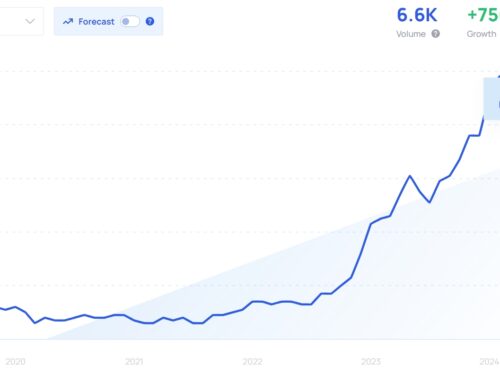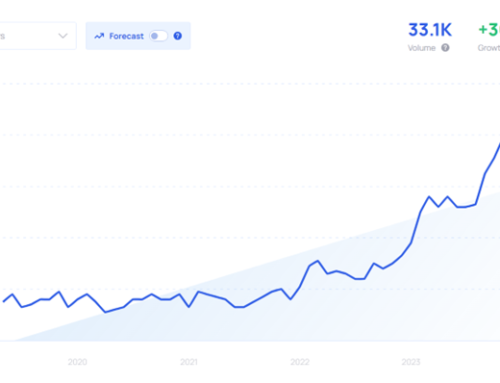Artificial intelligence (AI) has become a transformative force across various industries; from automating mundane tasks to enabling groundbreaking innovations, AI’s potential seems limitless. However, the allure of AI has also given rise to a concerning trend known as “AI washing,” where companies exaggerate or falsely claim their use of AI technologies to appear more advanced and innovative than they truly are.
A notable example of this phenomenon is Amazon’s “Just Walk Out” technology, which enables customers to pick items from shelves and leave the store without traditional checkout processes. The system relies on an extensive network of sensors and AI to determine customers’ chosen items, billing them automatically. However, as the BBC noted, reports surfaced in April 2023 suggesting that Amazon’s system required around 1,000 workers in India to verify nearly three-quarters of the transactions manually instead of relying solely on AI. Although Amazon refuted these claims, asserting that the workers were merely reviewing the system for accuracy, the incident highlights the murky waters of AI claims.
AI washing manifests in several ways, so as marketers and consumers pay attention to a few main aspects:
- False claims: Some companies claim to use AI when, in reality, they rely on less sophisticated computing methods.
- Exaggeration: Others overstate the effectiveness of their AI solutions compared to existing techniques.
- Partial implementations: Firms may suggest their AI systems are fully operational when they are not, often integrating a simple AI chatbot into a non-AI product.






Leave A Comment